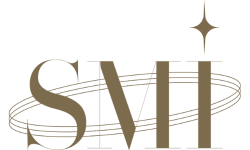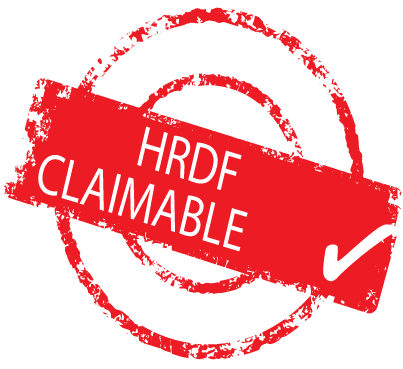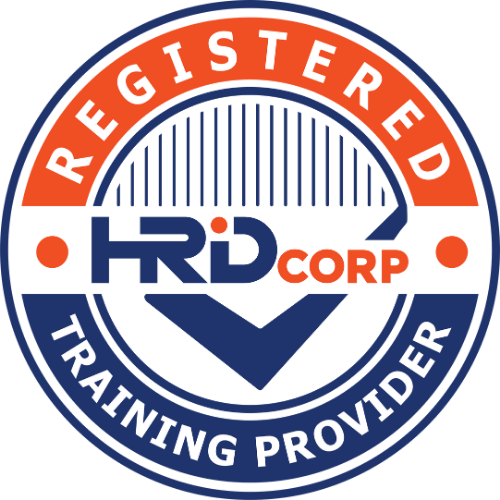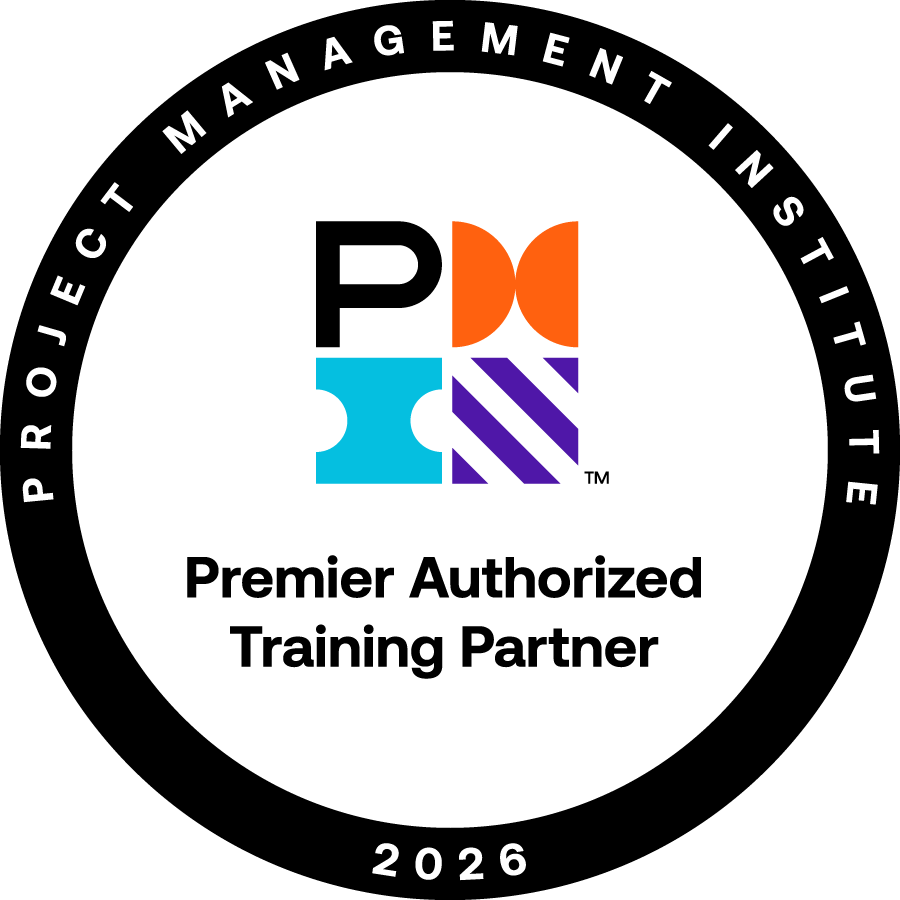CULTURE TRANSFORMATION PROGRAM TRAINING COURSE
Culture is the way people think and act. Instilling accountability is a long-term process. Embarking on a cultural change process requires expertise and confidence in pursuing a high-performance culture of accountability that involves the entire organization.
Participants will be given specific examples of how high performance based experiences, beliefs and actions are introduced and sustained in high performance based organizations. In addition, Culture Management Tools that may be used in practice to accelerate the culture change process will be provided to all participants
Terminal Objective
On completion of the workshop, the participants will be familiar with the tools and techniques as well as all culture management tools that are required to undertake a culture transformation program.
Key course outcomes
- Define the results that guide change;
- Take action that produces results
- Identify the beliefs that generate the right actions;
- Provide experiences that instill a culture of accountability
- Apply culture management tools
- Master culture change leadership skills
- Integrate culture change
- Enroll the entire organization in the culture change
CULTURE TRANSFORMATION PROGRAM COURSE SYLLABUS & OUTLINE
|
Time |
Activity |
|
||
|
9.00 |
Introduction and Overview
|
|
||
|
9.05 |
Pre-test |
|||
|
9.15 |
Key challenges associated with changing the culture in an organization
|
|||
|
10.00 |
Overview of creating a culture of accountability
|
|||
|
10.30 |
TEA BREAK |
|
||
|
10.45 |
Creating accountability to achieve desired results
|
|
||
|
11.45 |
Defining Results that Guide Change · Clarification of intended outcomes
|
|||
|
13.00 |
LUNCH |
|
||
|
14.00 |
Taking Action that produces results ·
Three levels of change · Making the shift from A1 to A2 |
|
||
|
15.30 |
TEA BREAK |
|
||
|
15.45 |
Identifying Beliefs that Generate the Right Action · Key Principles on Beliefs · Methodology for Changing Beliefs |
|
||
|
16.45 |
Question and answer and wrap up for day 1 |
|
FAQ & FURTHER INFORMATION
The 70:20:10 Model for Learning and Development has been found to be most effective within the training profession to describe the optimal sources of learning aimed at developing work based competencies. It holds that individuals obtain 70 percent of their knowledge from job-related experiences, 20 percent from interactions with others, and 10 percent from formal educational events.
Based on this model, we propose that the Fundamentals of Project Management course be structured along similar lines. It is proposed that it is undertaken in stages. These stages will include awareness stage, appreciation stage and application stage.







